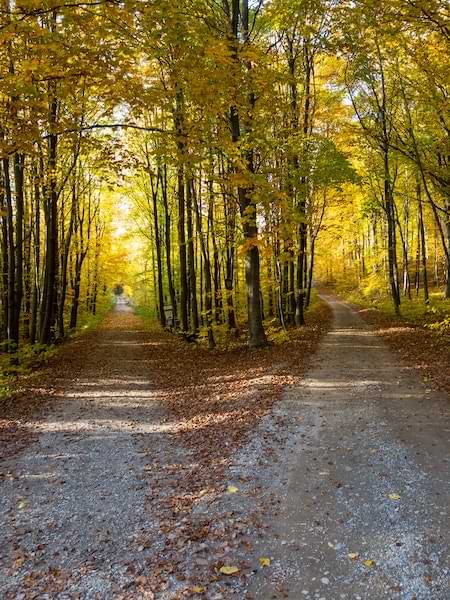
by Janet Denison | Jan 2, 2024 | Blog
It’s a new year! We are getting a lot of emails suggesting they have the corner on the market for shedding those extra holiday pounds. I can sum those emails up in one suggestion: Eat less and exercise more. We are getting a lot of advice and ads about...

by Janet Denison | Dec 19, 2023 | Blog
Jesus didn’t celebrate Christmas, and neither did the early Christians. Jesus wasn’t born in the winter either. There are several theories as to why we celebrate Christmas on December 25, but the most common belief dates the holiday back to the third century. The...

by Janet Denison | Sep 19, 2023 | Blog
I would like to send out a word of encouragement to all of you. If you read this blog post each week, you know I believe in “voting our choices” by choosing how we spend our time and money. Our “voices” matter in this culture, even if we choose not to shout. In...

by Janet Denison | Aug 29, 2023 | Blog
I watched the GOP presidential debate last week with hope. After the debate, I realized my hope for our country isn’t based on any certainties. America will always be one election away from better times, worse times, troubling times, or times of peace and...

by Janet Denison | Apr 18, 2023 | Blog
Last week, through tears, I looked at a crowd of women who will be friends forever. I may not see them each week, but I will think of them often on Thursday mornings, knowing they are together for Bible study. As I told them, it isn’t hard to go, it’s just hard to...






